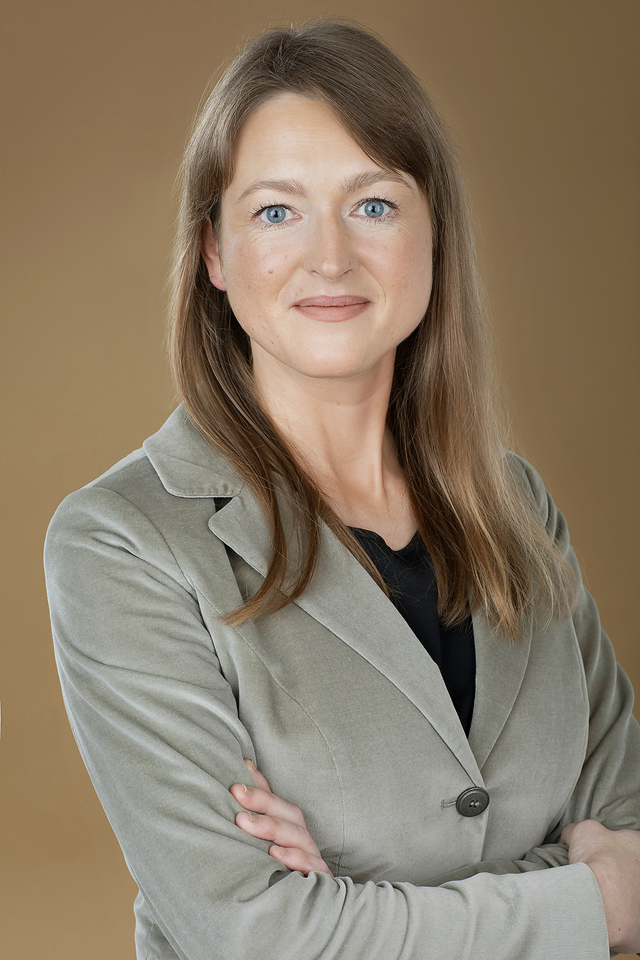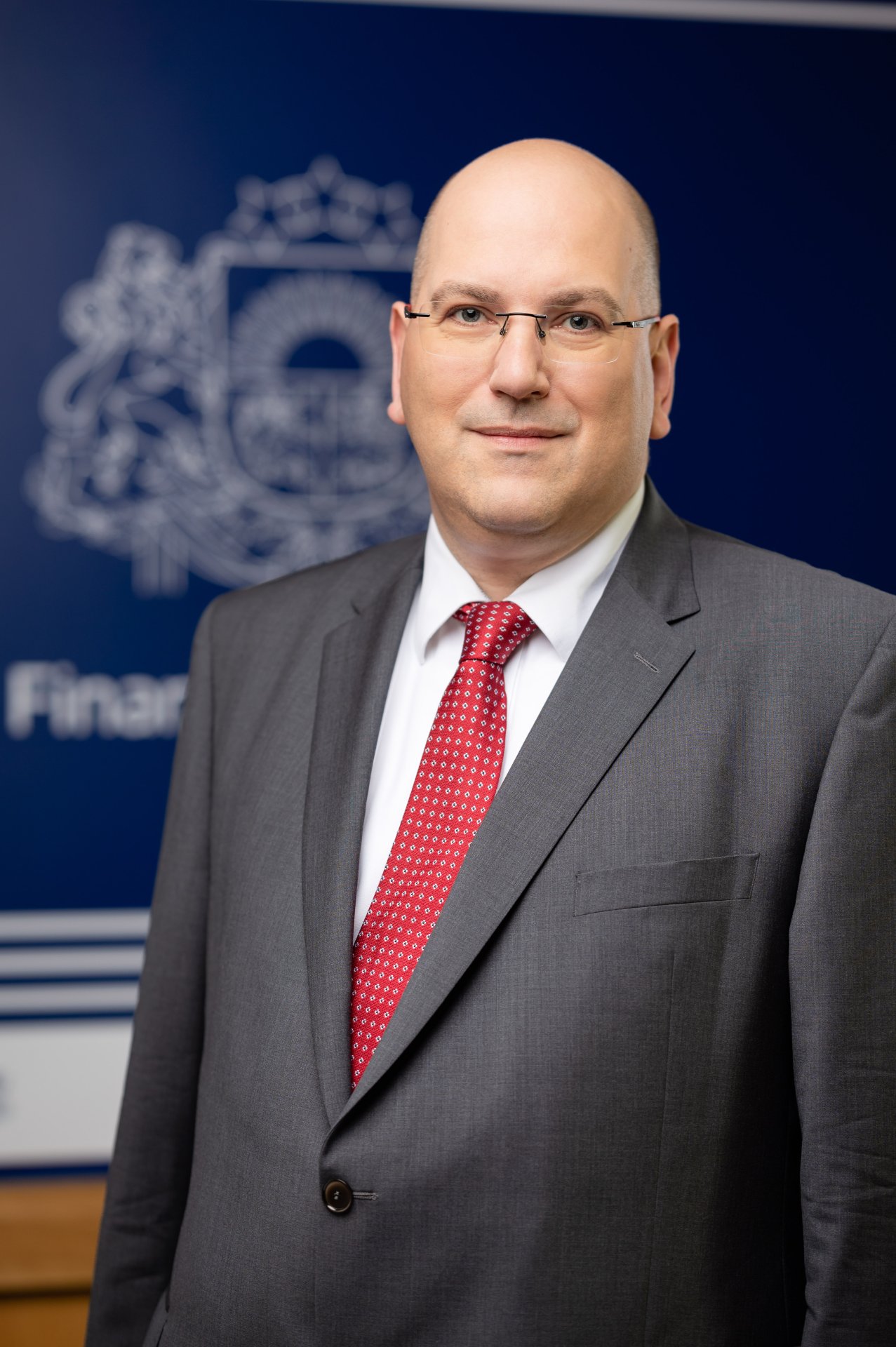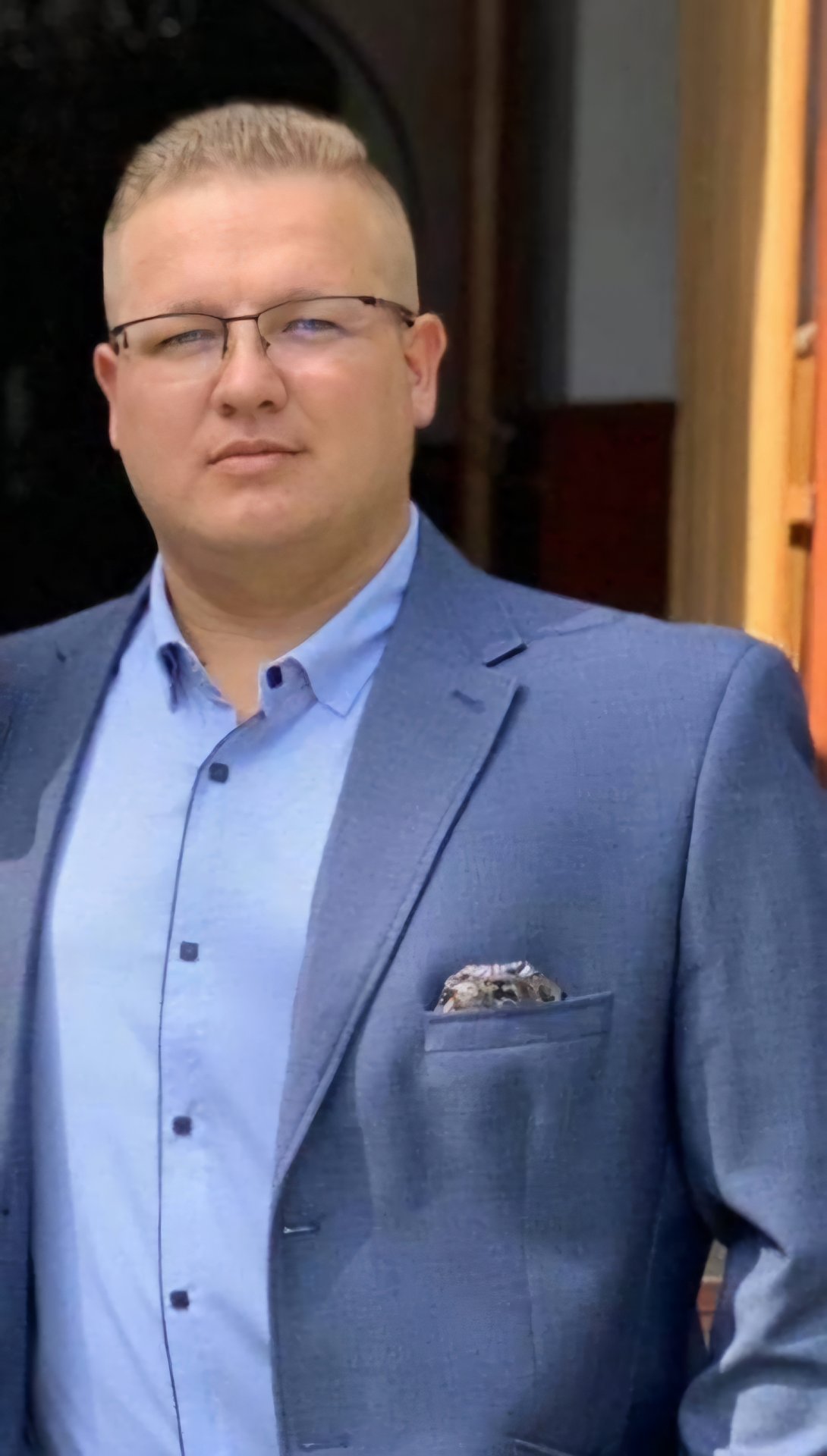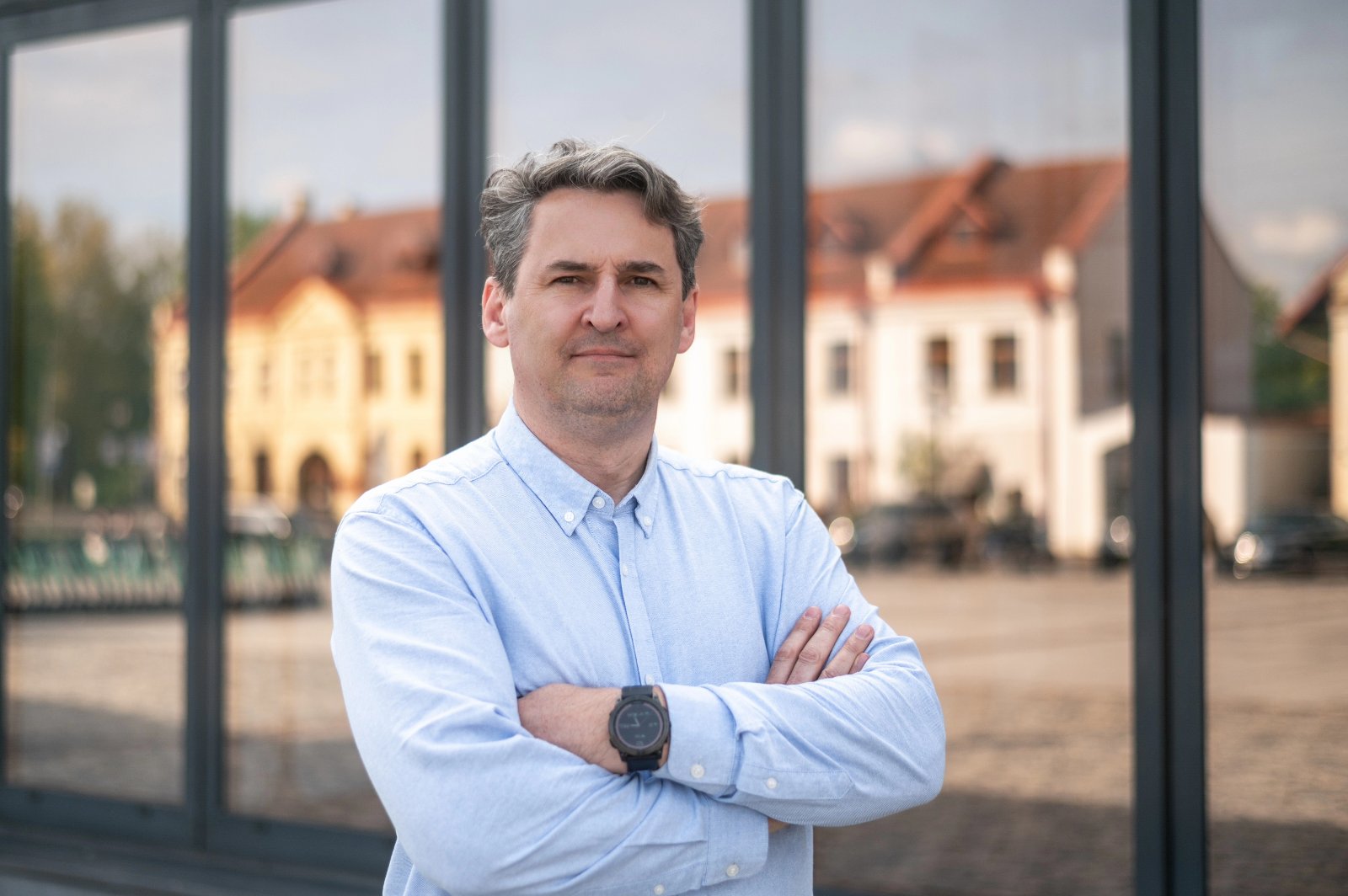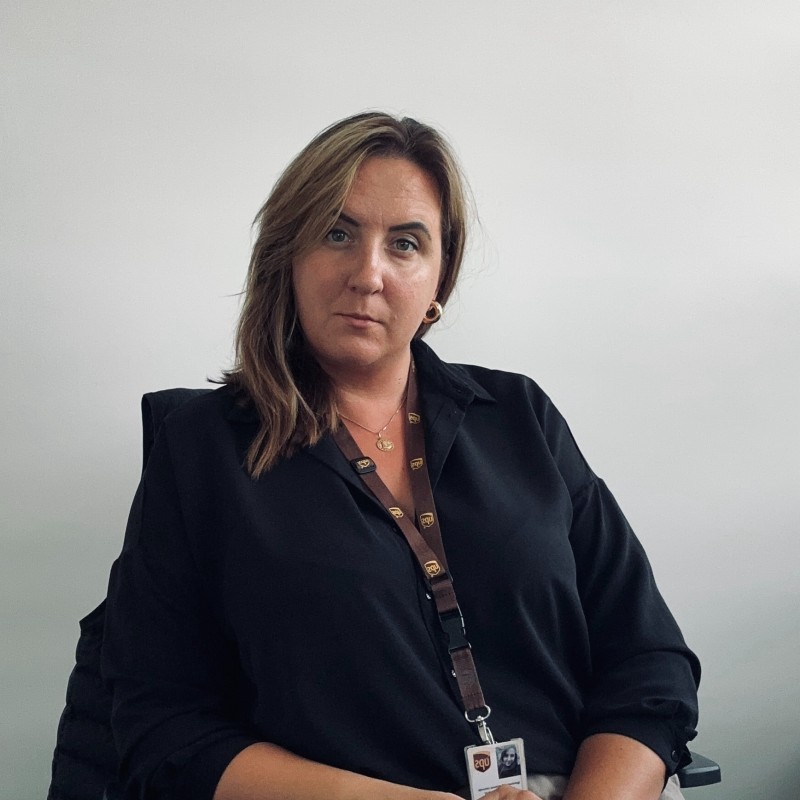Sustainability and customs: how international trade rules are changing and why it matters for Your career

International trade today faces new challenges, from geopolitical tensions to climate change. Decisions implemented by the European Union (EU), such as the creation of the EU Customs Data Hub, the application of a carbon border adjustment mechanism, the application of the forestry regulation to international trade, the digital product passport, etc., are not only changing the conditions for the international trade but also call for a new approach to managing supply chains. However, it is important to underline that the EU customs reform, which affects all EU countries, is also changing the role of customs and requires an increasing number of highly skilled specialists and managers.
Customs Process Management – for the next generation of customs and international trade managers
The Faculty of Bioeconomy Development of the Vytautas Magnus University Agriculture Academy (VMU AA), together with the Customs Practitioners’ Association, started discussing these changes five years ago and jointly developed the Master of Business Administration (MBA) programme Customs Process Management. From 2023, the MBA prepares the next generation of customs and international trade managers who understand law, economics, sustainability, and international agreements.
Enrika Naujokė, Director of the Association of Customs Practitioners, co-founder and Director of “CustomsClear”, points out that the EU this year started to tackle over-regulation in order to make the business environment easier and better. At the same time, it has recognised that the administrative burden of compliance has become too high, if not unbearable, for businesses, especially those operating internationally, in more than one jurisdiction. “This is not the only challenge for business, but also for institutions – the shift from a linear to a circular economy, high sustainability requirements, rapid technological developments, and other changes are transforming the way we work and the knowledge and skills we need to have. In this complex, ever-changing environment, those who not only keep up with the changes, but are also involved in their creation and one step ahead, win. The role of highly skilled managers in such an environment is beyond question. Do we have enough of them in Lithuania, in the EU, in the world? I believe that if we had enough, we would first of all have quality regulation, i.e., regulation that does not need to be created first, then interpreted by additional regulation, and then simplified. The role of the education system, the role of universities, is an essential component in meeting today’s challenges”, – says E. Naujokė.
Director of the Association of Customs Practitioners, co-founder and director of “CustomsClear” Enrika Naujokė
A modern approach to new sustainability requirements
EU customs reform has become one of the EU’s top priorities. In 2020, discussions started on the digitalisation of customs processes and the implementation of sustainability objectives in international trade. The EU customs reform was formally launched in 2023 and includes very far-reaching changes. Already from 2028, major changes are underway with the launch of the digital EU’s Customs Hub, but the transformation will continue until 2038. These changes will require customs and international trade managers and specialists to become much more skilled and capable of dealing with complex processes and regulations. This is important to ensure that goods meet all legal, environmental, and sustainability requirements. In addition to the control of goods, customs also have an important tax administration function, ensuring the collection of customs duties, VAT, and excise duties. Efficient tax administration is vital for the revenue of national and EU budgets, for ensuring fair competition, and for protecting the internal market. In today’s world of changing international trade patterns and new sustainability requirements, the ability to understand both tax and customs processes is essential for a career at national and international level.
Dr. Karlis Ketners, MBA Customs Process Management partnership professor and member of the programme committee, who also works for the Latvian Ministry of Finance, notes that customs management (management of customs offices) is one of the most relevant aspects of the qualification in the context of the constant change in management models, methodological and information support. Over the last decades, public administration management has moved from a functional model to a process and service model. There is now a shift towards a cognitive model based on knowledge, using artificial intelligence, neural network models, and hybrid forms of management.
MBA Customs Process Management partnership professor and member of the programme committee Dr. Karlis Ketners
The labour market requires a wide range of customs expertise
A wide range of professionals, from customs brokers and logisticians to future entrepreneurs, choose the MBA Customs Process Management. This highlights the wide and varied need for different skills in today’s labour market. Job advertisements in Lithuania and the EU show that an understanding of customs processes is not only needed for lawyers or economists, but also for managers and specialists working in finance, IT, supply chain, or warehousing.
In the MBA Customs Process Management, K. Ketners teaches students the course “Customs Tax Administration and Management” and highlights the strategic and operational reasons why highly skilled customs managers – both in the public and private sectors – should acquire knowledge and skills in tax administration.
Augustė Karpavičiūtė graduated with a bachelor’s degree in accounting but has now decided to study a new field and has chosen the MBA Customs Process Management. She is happy with her choice, but notes that the study programme is only one year, the pace is really intense, but it is also a very interesting challenge. “What I appreciate most is that the lecturers are not only professionals in their fields, but at the same time, they are very human, often it seems as if we are talking to friends. It is particularly enjoyable to learn from lecturers from different countries, as we learn not only about customs but also about cultural differences. I would recommend this study programme to those who want to acquire/improve their knowledge and “travel around Europe” in one year”, – says A. Karpavičiūtė.
MBA Customs Process Management student Augustė Karpavičiūtė
New career opportunities in a dynamic labour market
Rytis Andriukaitis, who is currently studying an MBA Customs Process Management, is working as a Senior Specialist in Transport Registration at AB “Regitra” and is delighted with his choice of studies. R. Andriukaitis emphasises that the latest knowledge acquired is not only applicable to his current job but also opens up opportunities to enter the labour market. “I chose to study here because of the opportunity to combine my studies with work. I appreciate the fact that the programme is also taught by academics from different countries, which gives a broader perspective on sustainable management, communication, social responsibility, ethics, and international practice, as well as helping me to improve my English language skills”, – says R. Andriukaitis.
New careers and career changes are becoming commonplace in an ever-changing environment. That’s why the MBA Customs Process Management is chosen not only by those working in the customs field, but also by future managers in other fields who are still looking for their own path.
AB “Regitra” transport registration senior specialist, MBA Customs Process Management student Rytis Andriukaitis
Jonas Aleksonis, a graduate of MBA Customs Process Management, representing UAB “Durga”, recalls that he entered the customs field in 1997, when Lithuania was just developing its modern logistics and trade infrastructure. At that time, the legal and practical environment of customs was still emerging, and new professionals were growing up alongside it. “Although my background was in IT, working in customs quickly became not only a career path but also a personal challenge. Customs were constantly changing and evolving. Lithuania was striving for European standards, which for me meant continuous development and learning new aspects of customs. Over almost three decades, my responsibilities have evolved step by step, from technical support to working with clients, managing processes, and finally securing AEO status in the company”, – says the study programme graduate.
Study – an investment in your future
J. Aleksonis says that his entire career has been driven by a desire to acquire a high level of knowledge that would help him not only to understand processes better, but also to manage them in a targeted way. The MBA Customs Process Management was a unique opportunity to achieve this. J. Aleksonis notes that the studies were of practical value, the lecturers were professionals in their field and provided not only theoretical knowledge but also real business experience. “I appreciate the emphasis on contemporary topics such as sustainability, environmental impact, risk management, and digitalisation. These are all integral to responsible and competitive business today. For me, it was not only a consolidation of my professional career, but also an investment in the future. These are studies that really change the way you think and open up new opportunities in an international context”, – he says.
Representative of UAB “Durga”, MBA Customs Process Management graduate Jonas Aleksonis
Gertrūda Bakšienė, a graduate of the MBA Customs Process Management, who works as a coordinator of the customs brokerage group at UAB “Skubios siuntos” (UPS authorised representative in Lithuania), is happy about her decision to complete her master’s studies. Although she once studied marketing, she became fascinated with customs, where she still works today. G. Bakšienė notes that in the customs environment, it is extremely important to keep up to date with changing legislation and to have a strong knowledge base. “Every company that has trade relations with third countries should work with as many specialists as possible in this field, and the need for such specialists will only grow as the upcoming changes to the Union Customs Code will be of great importance to exporters and importers. These studies are an excellent tool to broaden your knowledge, to go deeper into the topics of most interest and to discuss with experienced lecturers – professionals in their field from different countries”, – says G. Bakšienė.
UAB “Skubios siuntos” (UPS authorized representative in Lithuania) coordinator of the customs brokerage group, MBA Customs Process Management graduate Gertrūda Bakšienė
Knowledge gained is internationally relevant
The MBA Customs Process Management is open internationally, with lectures delivered remotely and in English. It should be noted that the studies offer the opportunity to gain knowledge from a team of international lecturers (Ireland, Belgium, Latvia, Ukraine, Finland, Lithuania). Although the MBA Customs Process Management is open to undergraduates in accounting, finance, economics, business, management and law, the MBA Customs Process Management is open to undergraduates in a wide range of fields: you will be required to complete additional studies, but this is an excellent opportunity for retraining in the customs field, where the demand for staff is growing.
Partnership Professor Dr. K. Ketners notes that the knowledge acquired in the MBA Customs Process Management at the EU level is important for graduates’ professional careers. He notes that by acquiring revenue administration skills at the EU level, customs managers can ensure compliance with legislation, mitigate risk, contribute to EU objectives, and enhance their strategic value in a changing trade and regulatory environment.
The quality of the MBA Customs Process Management is underlined by the decision to award the EU Customs Recognition Certificate, which demonstrates that the programme meets the EU quality requirements for customs degree programmes. Graduates of the study programme have career opportunities in both the public and private sectors.





